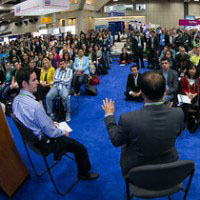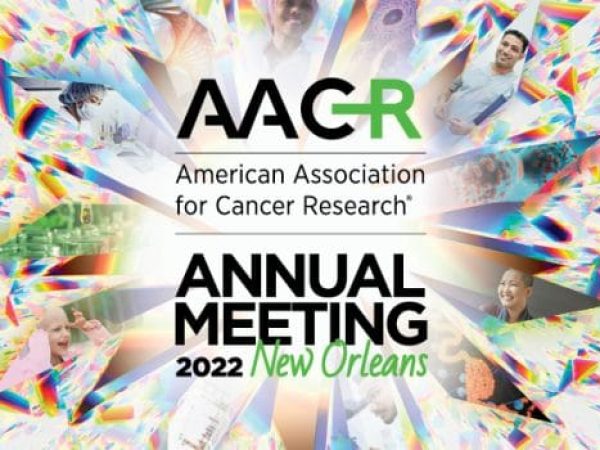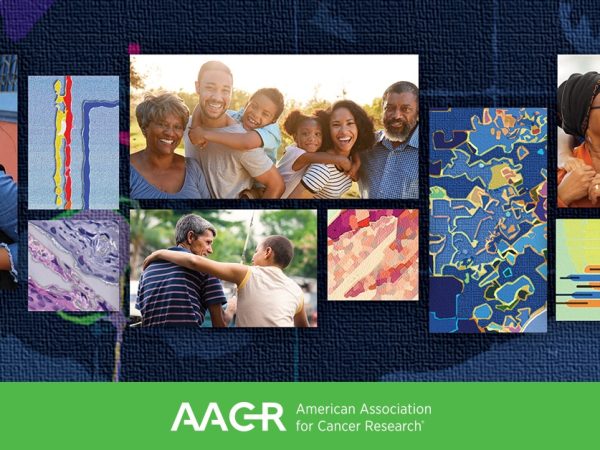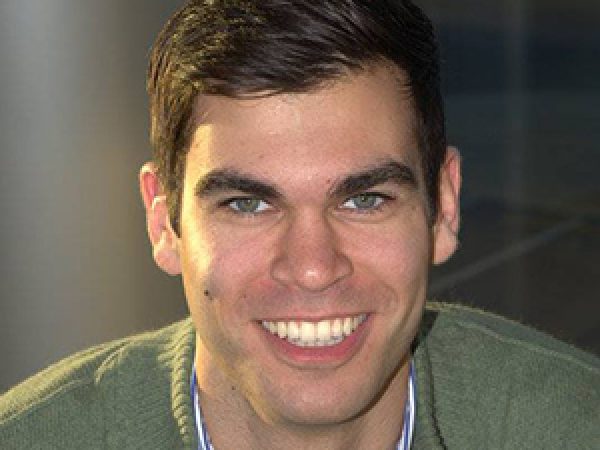Supporting Early-career Cancer Researchers
Today’s early-career investigators are the future of cancer research and progress in the quest to prevent and cure cancer. The American Association for Cancer Research (AACR) recognizes the importance of these individuals and has long been committed to ensuring that they have the knowledge and skills they need to sustain progress over the coming decades.
Recent advances in cancer research have provided immense insight into the biology of cancer. Translation of this growing scientific knowledge into new approaches for cancer prevention, detection, diagnosis, and treatment is underway. However, with more than 585,000 U.S. residents expected to die of cancer this year alone, it is clear that much more work must be done.
To rise to the challenge, early-career investigators must be equipped to conduct research in ever-changing technological, biological, clinical, and regulatory environments. Thus, for many years the AACR has provided numerous educational opportunities for early-career investigators to stay up-to-date with the latest developments in the field, sharpen their skills, and gain new expertise.
Two of the AACR’s most popular educational workshops for early-career investigators will be taking place over the next two weeks. Together, the workshops will provide 150 young investigators from 66 institutions in five countries with new information and experiences in two areas of vital importance for undertaking 21st century cancer research.
The first of these workshops, the 23rd Annual AACR Workshop: Molecular Biology in Clinical Oncology, is being held in Snowmass Village, Colorado, July 20–27. This workshop increases young clinical oncologists’ awareness and working knowledge of molecular biology concepts and techniques. This is critical because new understanding of the molecular biology of cancer underpins many of the recent advances in patient care and promises even greater innovations in the future. Now in its 23rd year, the workshop has helped many individuals go on to build successful careers in clinical and translational cancer research.
The second workshop, Methods in Clinical Cancer Research, which is run jointly by the AACR and the American Society of Clinical Oncology, is taking place in Vail, Colorado, July 26–Aug. 1. This workshop trains young clinical cancer investigators how to design and conduct effective clinical trials, which is essential if breakthroughs in cancer research are to be rapidly translated into advances in patient care. Held annually since 1996, its attendees have gone on to help test numerous cancer treatments that are now benefiting patients worldwide.
These workshops are just two examples of the many educational activities the AACR organizes to support our most precious commodity, the next generation of researchers. More information on these additional training initiatives can be found here.




